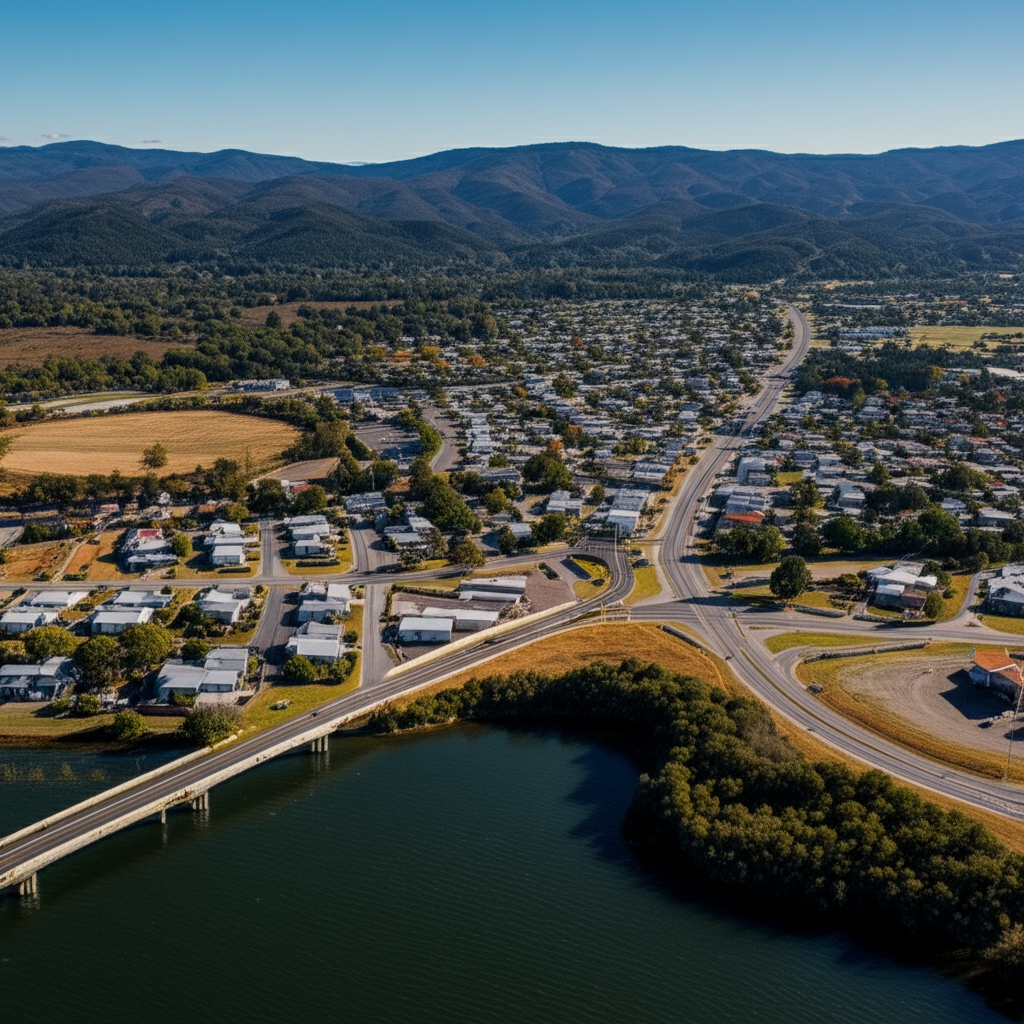Exploring Travel Alternatives: Is the Train a Viable Option for a Car-Free Devon Getaway?
A look at the practicalities and costs of rail travel versus driving for East Midlands residents.
The allure of a car-free holiday is undeniable for many, particularly for those seeking a more relaxed and environmentally conscious approach to travel. For residents of the East Midlands, the idea of visiting the picturesque county of Devon without the long hours spent on motorways might seem particularly appealing. However, a closer examination of the proposed rail alternatives reveals a complex picture, with significant considerations regarding time, cost, and convenience.
The Appeal of a Car-Free Journey
Inspired by an article highlighting a car-free tour of Devon, many travellers are re-evaluating their transport choices. The prospect of a journey that is an “adventure in itself” holds considerable charm. This sentiment suggests a desire for travel experiences that go beyond mere transit, aiming for enjoyment and discovery en route. For families, in particular, the hope is that a train journey might offer more opportunities for engagement and less stress than the repetitive nature of motorway driving.
Assessing the Train Journey: Time and Cost Realities
When considering the practicalities for a family of four travelling from the East Midlands to Torquay, the train presents a stark contrast to the perceived ease of a car journey. Recent ticket price inquiries suggest a cost of approximately £450 for a return trip. The duration of this journey is estimated at seven hours and six minutes each way, incorporating four changes. This significant investment of time, coupled with multiple transfers, raises questions about the overall feasibility and enjoyment factor for many travellers.
To put this into perspective, the time spent on the train could be comparable to other activities. For instance, it might be sufficient time to read an entire Agatha Christie novel, as one observer noted. While this highlights the potential for passengers to occupy themselves, it also underscores the length of the travel commitment. The reliance on electronic devices for entertainment, as mentioned, also introduces a practical consideration: ensuring sufficient battery life for the duration of the trip.
The Driving Alternative: Familiar Challenges
For those accustomed to driving from the East Midlands to Devon, the journey is often characterized by the M6 and M5 motorways. While the route is direct, it is frequently described as lacking in scenic appeal. The primary advantage of the car, however, remains its door-to-door convenience and flexibility. This allows travellers to set their own schedule, make spontaneous stops, and carry luggage with greater ease, particularly when travelling with children.
The trade-off for this convenience is the time spent driving, the cost of fuel, and potential wear and tear on the vehicle. It also involves the environmental impact of private vehicle use, which is a key consideration for those exploring car-free options.
Weighing the Options: Adventure vs. Efficiency
The decision between train travel and driving ultimately hinges on individual priorities. For travellers who view the journey itself as a significant part of the holiday experience, the train might offer a unique adventure. The prospect of exploring different regions through train windows, managing ticket changes, and experiencing a different pace of travel could be appealing. However, for families or individuals with limited time or a preference for directness, the extensive travel time and multiple changes associated with the train journey may present considerable drawbacks.
The cost factor is also significant. While the £450 figure represents a potential outlay, actual ticket prices can fluctuate based on booking in advance, time of travel, and available discounts. It is always advisable to compare prices across different booking platforms and consider off-peak travel where possible.
Key Considerations for Travellers
- Time Commitment: The train journey to Devon from the East Midlands can be lengthy, involving multiple changes.
- Cost: Rail fares can be substantial, requiring careful budgeting and advance booking for potential savings.
- Convenience: Driving offers greater flexibility and door-to-door service, which can be particularly advantageous for families.
- Experience: The perceived “adventure” of train travel may appeal to some, while others may prefer the efficiency of a car.
- Luggage: Travelling with luggage on multiple train changes can be more challenging than transporting it by car.
Ultimately, the choice between driving and taking the train to Devon involves a careful evaluation of personal travel preferences, budget, and the desired holiday experience. While the train offers a potentially more engaging journey for some, the practicalities of time and cost need to be thoroughly considered.
Further Research and Planning
For those interested in exploring rail travel further, it is recommended to consult official railway websites and booking platforms. These resources can provide up-to-date information on schedules, fares, and potential disruptions. Comparing different routes and travel times is also crucial to finding the most suitable option.














